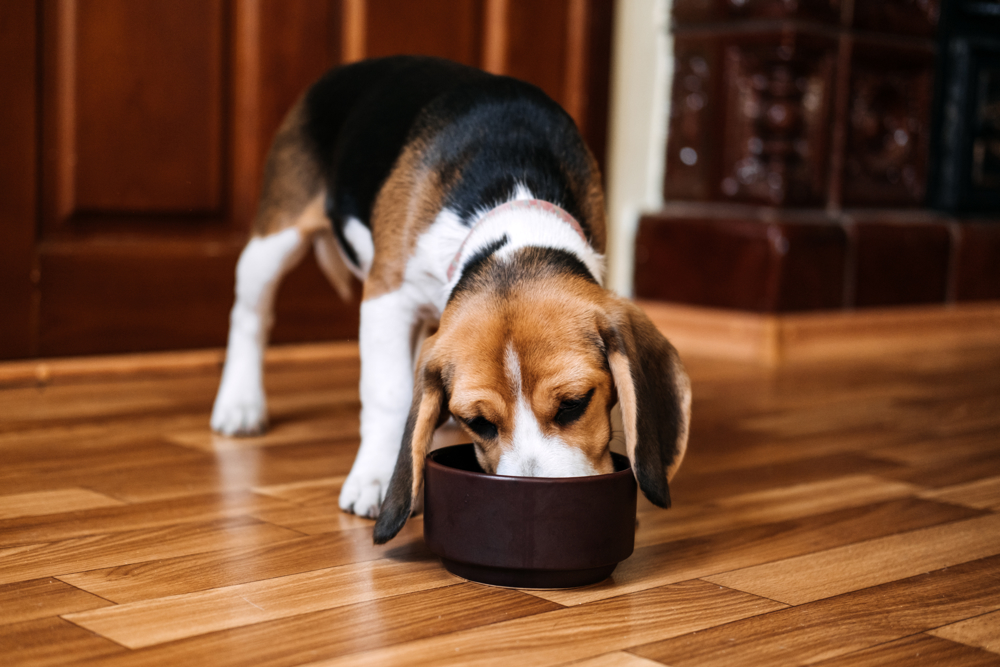
While onions are a staple in many households and a versatile ingredient in various dishes, it's crucial for pet owners to be aware that onions can be harmful to dogs. Onions belong to the Allium family, which also includes garlic, shallots, and leeks. These vegetables contain compounds that can be toxic to dogs and, if ingested, may lead to serious health issues. In this article, we will explore why onions are bad for dogs and what symptoms and consequences pet owners should be aware of.
Toxic Compounds in Onions
Onions contain substances known as thiosulphate compounds. In dogs, these compounds can lead to the destruction of red blood cells, causing a condition called haemolytic anaemia. Unlike humans, dogs lack the necessary enzymes to safely break down these compounds, making them highly susceptible to onion toxicity.
Symptoms of Onion Toxicity in Dogs
Recognizing the signs of onion toxicity is crucial for prompt intervention. Common symptoms include:
- Gastrointestinal Upset: Dogs may experience vomiting, diarrhoea, and abdominal pain shortly after ingesting onions or onion-containing foods.
- Breathing Difficulties: Onion toxicity can also affect a dog's respiratory system, leading to laboured breathing and, in severe cases, respiratory distress.
- Lethargy: Dogs that have consumed onions may become lethargic and lack their usual energy levels.
- Pale Gums and Jaundice: Haemolytic anaemia caused by onion toxicity can result in pale gums, weakness, and yellowing of the skin and eyes (jaundice).
- Increased Heart Rate: Dogs may exhibit an elevated heart rate as a result of the impact of onion consumption on their red blood cells.
- Long-Term Consequences: If onion toxicity is not promptly addressed, it can have serious and potentially fatal consequences for dogs. Severe cases may lead to organ damage, collapse, and, in extreme situations, death. It's crucial to seek immediate veterinary attention if you suspect your dog has ingested onions or is displaying any symptoms of onion toxicity.
Treatment
If a dog has ingested onions, prompt veterinary care is essential. Treatment may involve inducing vomiting to remove the ingested onions, administering activated charcoal to prevent further absorption of toxins, and supportive care to address symptoms such as dehydration and anaemia. In severe cases, blood transfusions may be necessary to replace the damaged red blood cells.
Preventive Measures
To safeguard your dog's health, it's essential to be proactive in preventing onion toxicity. Avoid feeding dogs any foods containing onions or other Allium family members. Common sources of onion exposure include onion powder, cooked dishes containing onions, and certain prepared foods. Additionally, be cautious about dogs accessing kitchen scraps or garbage bins where onion-containing items may be present.
Find a vet near you
If you're looking for a vet practice near you, why not visit the Royal College of Veterinary Surgeons' Find a vet page.
Think your dog may be affected?
If you're worried about your dog's health, always contact your vet immediately!
We are not a veterinary organisation and so we can't give veterinary advice, but if you're worried about any of the issues raised in this article, please contact your local vet practice for further information
